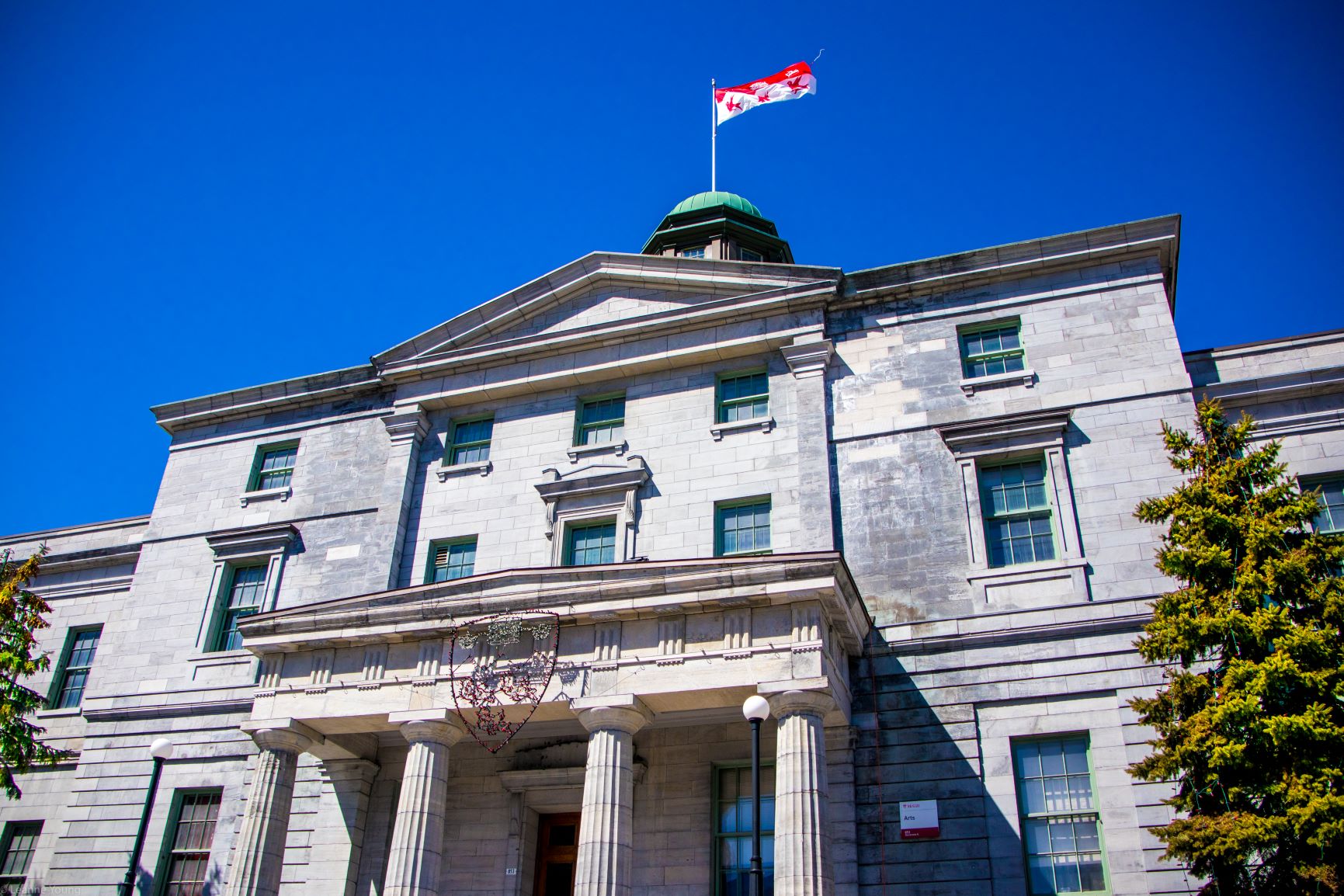The relative importance of the sciences and humanities has been up for debate. In academia, the objective approach, predominant in the sciences, which analyzes information through observable data, has come to be more highly valued than the subjective approach of gaining knowledge through individual perspectives and opinions, often used in the humanities.
Stereotypes have circulated about the difference between being in an Arts program compared to a Science one. At McGill, stereotypes about Arts students depict them as lazy, barely needing to study to get straight As. These ideas further the belief that Faculty of Arts graduates have no employment prospects since they have no tangible skills that can be applied to the ‘real world.’
Will Straw, Professor of Urban Media Studies in the Department of Art History & Communications Studies, described how stereotypes about Arts students have perpetuated at both McGill and in popular culture, fueling misconceptions about the Faculty of Arts as a whole.
“We all hear that […] Arts courses are just schools for training people to be ‘woke,’” Straw said. “Even Knives Out, [a 2019 mystery film by Rian Johnson] has jokes about people taking Arts in elite US colleges and being trained in radical French theory. The longstanding stereotype is that the humanities are useless and that people study ‘flower imagery in Blake’ or something. These [stereotypes] have been around forever.”
A common belief is that people in STEM graduates earn higher salaries than those of Arts programs. However, a study by Emolument found that the pay gap between the two domains closes over time and graduates in the humanities can even end up making more money than those in the sciences.
Furthermore, studying the arts can lead to many interesting jobs after graduation. The humanities can open doors to a variety of essential careers such as lawyers, teachers, writers, and activists. In fact, many notable McGill graduates have a Bachelor of Arts degree, including Prime Minister Justin Trudeau and thesinger and novelist Leonard Cohen.
The Faculty of Arts’s Gender, Sexuality, Feminism, and Social Justice Studies (GSFS) program is the only department that specifically focusses on ethics and social justice initiatives at McGill. Pascale Graham, a course lecturer for the Institute for Gender, Feminist, and Sexuality Studies at McGill, explained the program’s importance in shaping our global communities.
“Some of the strongest elements of working in gender studies are the willingness to take risks, engage in interdisciplinary approaches and think creatively on issues of social inequality,” Graham said. “Gender studies has been at the forefront at challenging power structures and plays a critical role in drawing continuous attention to injustices, offering critical analyses on structures of oppression. In doing so, it provides avenues for addressing inequalities with the aspirations of formulating more equitable futures.”
As in all universities, McGill students face many social and political issues relating to racism, sexual assault, and the climate crisis. It is therefore extremely important that this program exists to offer courses on making changes not only within the McGill community but also around the world. Despite this integral role that Arts departments such as GSFS play, there have been times where students, as well as the McGill administration, have perpetuated the narrative that a science degree is more valuable than one from the Arts. For Joanne Chio, U3 Arts, it comes down to McGill not providing enough support for Arts classes as well as the Faculty as a whole.
“I do not think that McGill values Arts as much as other faculties because of how it has overseen several Arts programs,” Chio stated. “This is often seen through the scattering of Arts classes all across campus in undesirable buildings as well as the lack of academic counselling for students interested in Arts-related opportunities outside of McGill.”
On Feb. 10, the GSFS Students’ Association announced on Facebook that the office of the Dean of Arts was going to suspend the graduate degree options for both GSFS and International Development Studies starting in Fall 2021. McGill graduate and undergraduate students distributed an open letter with signatures from students in both fields of study as well as students in other programs, and the suspension was soon rescinded. However, this incident is just one of many examples illustrating a pattern of McGill deprioritizing the Arts program compared to other faculties.
According to Straw, to understand what the McGill community could do to better support Arts programs, a discussion with the administration on what students truly want to gain from their humanities education is an imperative first step.
“In the name of being more academic, we’ve done away with a lot of practice-based programs in Arts [but] is this what students want?” Straw said. “I think that Arts departments get caught up in preserving the way they’ve been doing things for a long time, but […] it might be time for students, professors, and administrators to sit down at a big table and figure out what everyone wants and how they might go forward.”
Mercedes Labelle, U3 Arts, believes that McGill needs to provide Arts students with better ways to find jobs and get recruited.
“I wish the Faculty of Arts offered more networking events and career fairs,” Labelle said. “It seems like corporations literally come to Desautels and Engineering events ready to recruit [students] whereas the Faculty of Arts doesn’t have [them]. Being in Political Science, I wish I had been able to learn about future careers in my field at McGill. Of course, the Arts Internship Office is great but there’s only a few internships available for the entire faculty and a lot of them are international, meaning that they’re pretty hard to get and [are] not accessible to the everyday student.”
Crisis in the Humanities, a 1964 best-selling book co-written by several humanities and social science professors, stated that a science-oriented world had no room left for the humanities. However, it is evident that public policy, critical thinking, and social justice are now more important than ever. In the current COVID-19 pandemic, for example, the sciences remain extremely important as healthcare workers are providing constant care and researchers are developing ways to combat the pandemic; however, those in the arts—journalists, educators, and politicians in particular—are playing equally important roles in our lives today through upkeeping public morale and sharing vital information.
Historically underappreciated, the arts, especially domains in the humanities, provide a window to a plethora of concepts that equip those who study them with perspectives that are unrivaled by other domains.
“Generally speaking, the humanities play a vital role in shaping interrogations into what defines and drives human experiences,” Graham said. “This means not only delving into our past to offer a different lens of analysis but also deconstructing how historical events shape our present conditions. In doing so, it provides the opportunity to look forward and [reimagine] what our futures may be.”










Excellent column! Another book, published years ago…The Closing of the American Mind…supports the Liberal Arts. I believe the author is Claire Bloom.